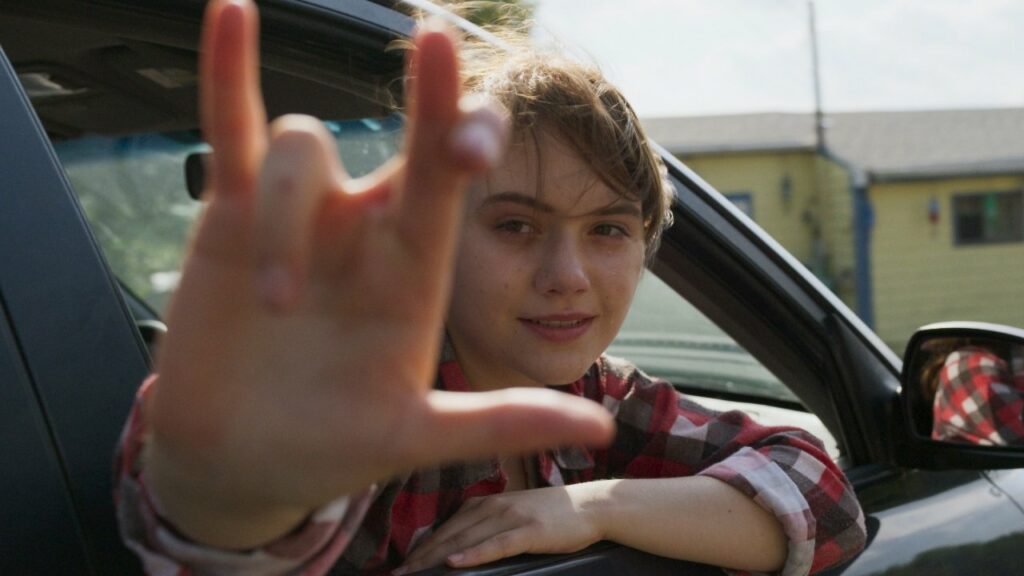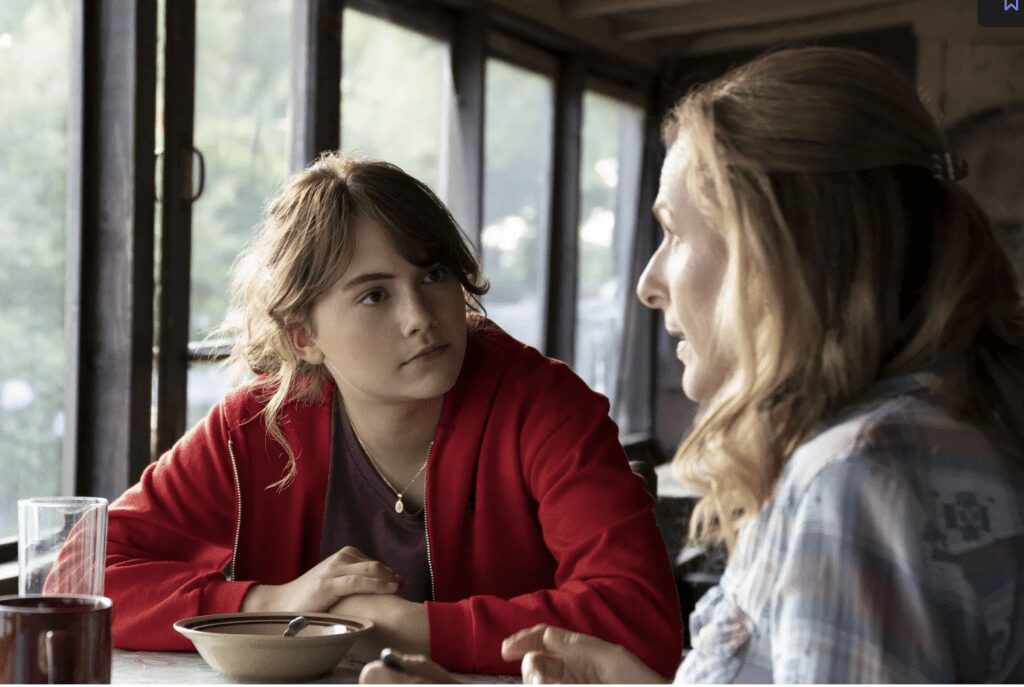
Boy, this year’s Oscars were certainly something if you ask me. It was such a disaster that I don’t even know where to begin. It was probably the worst Academy Awards I’ve seen in a while, from Will Smith slapping Chris Rock, cutting vital categorizes from the broadcast, and the awkward jokes by the host. To put it simply, if Amy Schumer is the least controversial thing at the ceremony, you know you’re in trouble. The nominees’ passion, however, cannot be taken away. This was evident in their acceptance of the awards at the show. In addition to Jessica Chastain winning best actress and Kenneth Branagh winning best-adapted screenplay, Dune swept the technical awards and Will Smith despite controversy still won best actor during the ceremony.
The night’s biggest success was “CODA,” which won best-adapted screenplay, best supporting actor, and even best picture. In the history of the Oscars, why is this such a big deal? This question has various degrees of truthfulness to it. First, I’d like to tell you a bit more about the film. “CODA” is written and directed by Sian Heder, a very talented but unknown filmmaker. Currently available on Netflix, her 2016 comedy/drama Tallulah won critical acclaim. She also wrote and directed the critically acclaimed Netflix streaming shows “Glow” and “Orange Is the New Black.”Though Sian’s filmography is solid, Tinseltown considers “CODA” her breakthrough film.
But as far as the actual story of “CODA” is concerned, it centers on a 17-year-old girl From Gloucester, Massachusetts, named Ruby, who is the sole hearing member of a family of deaf members. She works mornings before school to help her parents and brother keep their fishing business afloat. In joining her high school’s choir club, Ruby realizes her latent passion for singing and her duet partner. But despite her passion for music, she must choose between abandoning her parents or pursuing her dream at Berklee College of Music. Simply put, it is a coming-of-age comedy mixed with a family drama. “CODA” premiered at the 2021 Sundance Film Festival on January 28, where Apple acquired its distribution rights for $25 million.
Apple TV+ and theaters released the film on August 13, 2021. The fact that it’s the first time a streaming service film won best picture is one of the reasons it was such a big deal. From all the streaming services, I use Apple the most because of its wide selection of mature programming. To return to the main point, CODA’s best picture win is a slap in Netflix’s face.
Over the years they have tried, and failed, to get Oscar nominations for “The Irishman”, “The Trial Of The Chicago 7”, “tick, tick, BOOM!” or even David Fincher’s passion project “Mank.” To label any of these films a failure would be disingenuous as they’ve all been praised by critics and audiences On the other hand, Netflix, which recently released Jane Campion’s “The Power Of The Dog,” has been eyeing that Best Picture nomination for quite some time now.

At the time of the event, “The Power Of The Dog” had 12 Oscar nominations, including nominations for Campion and star Benedict Cumberbatch for best directing and the leading actor, respectively. According to outsiders, this was Netflix’s year mainly because those projected to win Best director are more likely to win best picture. As with Guillermo del Toro’s “Shape of Water,” Bong Joon Ho’s “Parasite,” and Chole Zhao’s “Nomadland,” this isn’t the case this year as, despite Jane Campion winning Best Director, which she rightfully did, CODA won Best Picture.
Unsuprisngly many have questioned whether “CODA” deserved to win best picture, especially when compared with this year’s crop of heavy hitter nominees, such as “The Power of the Dog”, “West Side Story”, “Licorice Pizza”, “Nightmare Alley”, and “Dune.” Many of these films could be argued to be better made and culturally significant than “CODA.” However, I would counter those claims for several reasons. I would, however, choose these two reasons. Firstly, the film has a strong emotional core that anchors the audience to the characters and setting. It may not seem like a big deal, but it is crucial to attracting an audience.
I think it is more likely for me to watch “CODA” than “Dune” because even though it may have been more technically accomplished, I just couldn’t connect to the character as well as in “CODA.” Despite its epic scale, “Dune” isn’t as human as “CODA.” Because no matter how big the spectacle is, it cannot substitute for grounded characters that we can relate to. The nominees this year did not seem to have this element. That’s not to say any of these films are bad; in fact, I enjoyed all the films that are nominated this year. CODA, however, seemed to be the little engine that could with its Sundance origins and staying power thanks to its heartwarming message. While the theme had been done before, it kept it fresh.

Furthermore, it also helped push the boundaries for Deaf representation acting, which is a huge achievement. In 10 years, will “CODA” be remembered as the 94th Oscar winner? Although you are welcome to guess, I’d argue that the award is always deserved, since any great film should help the audience empathize with someone who isn’t like them, and “CODA” does just that. While it doesn’t have “Sandworms” or “Cowboys”, it didn’t need them to be a great film. To quote the great Stanley Kubrick “A film is – or should be – more like music than like fiction. It should be a progression of moods and feelings. The theme, what’s behind the emotion, the meaning, all that comes later?” “CODA” is now available on Apple TV+.
